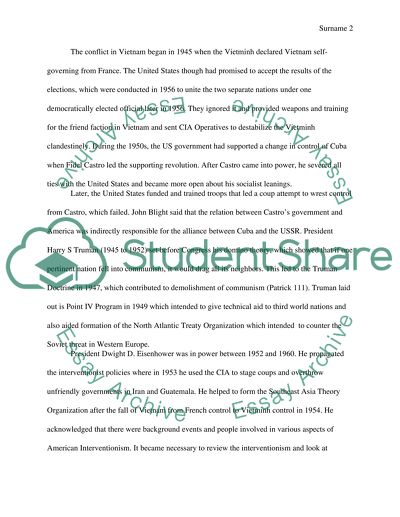Cite this document
(“From Isolationism to Interventionism. America's evolution Essay”, n.d.)
Retrieved from https://studentshare.org/history/1477380-whatever-the-writer-see-good-the-question-is-in
Retrieved from https://studentshare.org/history/1477380-whatever-the-writer-see-good-the-question-is-in
(From Isolationism to Interventionism. America'S Evolution Essay)
https://studentshare.org/history/1477380-whatever-the-writer-see-good-the-question-is-in.
https://studentshare.org/history/1477380-whatever-the-writer-see-good-the-question-is-in.
“From Isolationism to Interventionism. America'S Evolution Essay”, n.d. https://studentshare.org/history/1477380-whatever-the-writer-see-good-the-question-is-in.


